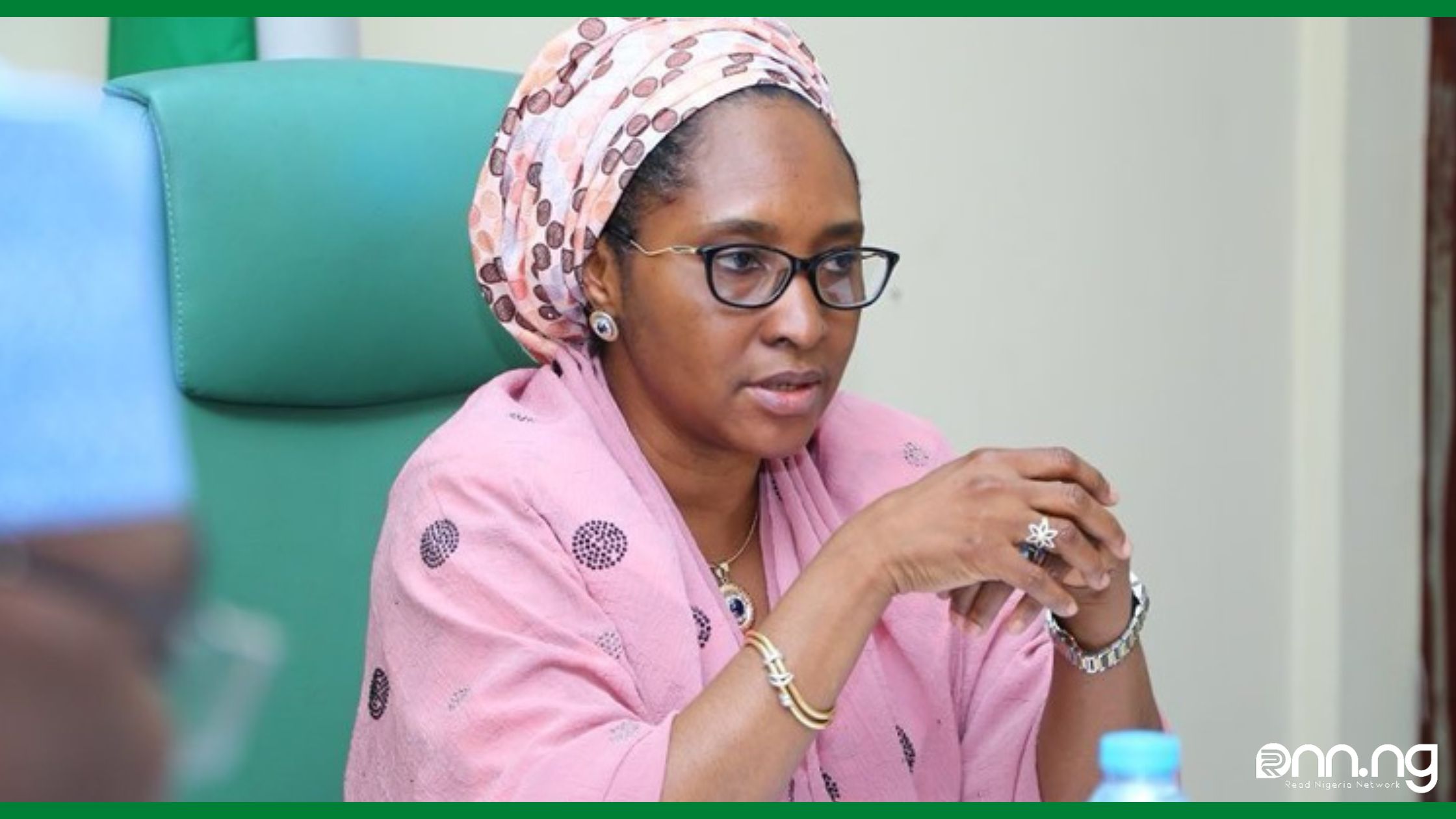Business News
Firms, individuals refuse to pay N5.2tn debts – Minister
According to Zainab Ahmed, Minister of Finance, Budget, and National Planning, the Federal Government owes over N5.2 trillion in debts.

According to Zainab Ahmed, Minister of Finance, Budget, and National Planning, the Federal Government owes over N5.2 trillion in debts.
The debt was owed by more than 5,000 businesses and people, according to Ahmed, who made this claim on Thursday during a two-day Project Lighthouse sensitization session in Minna for ICT and accounting personnel from federal ministries, departments, and agencies across the North-Central zone.
These debts span 19 ministries, departments, and organizations, according to the Minister, who was represented by Victor Omata, Director of Special Projects in the Federal Ministry of Finance, Budget, and National Planning.
She claimed that businesses and people who owed money to federal government agencies had chosen not to fulfill their obligations.
She noted insufficient information exchange, enforcement, and lack of visibility of these transactions as causes of revenue loopholes.
“The ministry, through the consolidation efforts of the Debt Analytics and Reporting Application, has been able to aggregate monumental debts of approximately N5.2 trillion. These debts came to the spotlight from data aggregated from over 5,000+ debtors across 10 Ministries, Departments, and Agencies (MDAs). The debt aggregation effort is still ongoing.
“These debts are in the form of debt liabilities to the Federal Inland Revenue Service (FIRS); refunds to the government by companies who failed to deliver on projects for which payment had been effected, unpaid credit facilities granted to both corporate entities and individuals by the Bank of Industry (BOI) and Bank of Agriculture (BOA); judgment debt in favor of Government, debts owed Pension Transitional Arrangement Directorate (PTAD) by Insurance Companies among others.”
He claimed that the Project Lighthouse initiative had made it possible to compile pertinent economic and financial data from many organizations that had not previously shared data.
“An important part of our policies and strategies is to leverage big data technology to help block revenue loopholes, recover debts, identify new revenue opportunities, optimize existing revenue streams, especially non-oil revenue as well as improve fiscal transparency”, he stated.
He urged government MDAs to work together and contribute accurate and timely information about the debt to the platform, arguing that doing so would strengthen the nation’s economic foundation.
Alhaji Ibrahim Matane, the secretary to the Niger state government, claimed that Project Lighthouse will reduce excesses and collect unpaid debts, allowing the government to use the money for other projects.
READ MORE: Finance Bill: FG to tax cryptocurrency, games, and other digital assets
